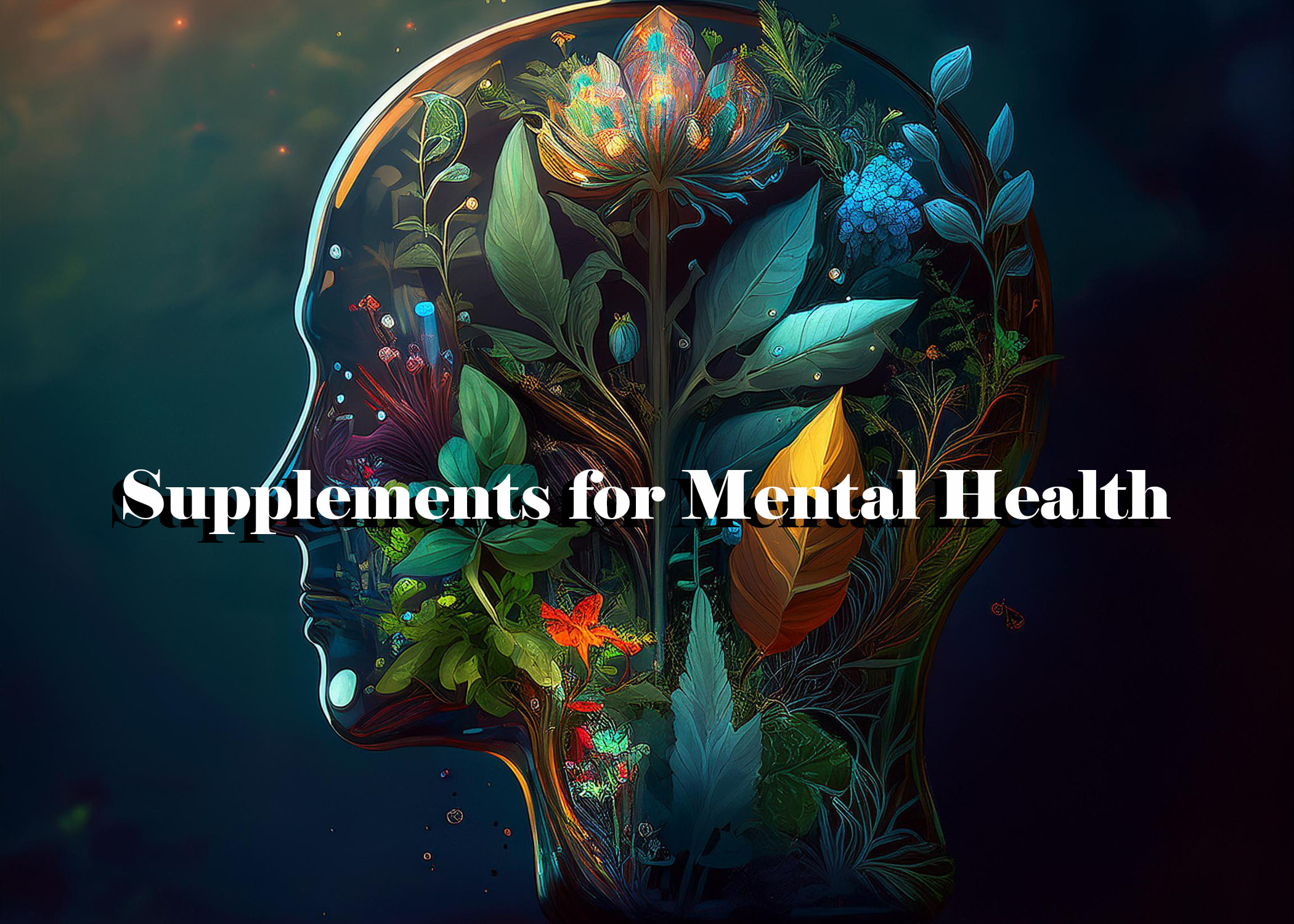Listen to the episode that goes deeper into this subject!
A 2007 study from the University of South Carolina found a connection between low levels of antioxidant vitamins and carotenoids in the blood and a history of suicide attempts. Carotenoids, the orange and yellow pigments in fruits and vegetables, are essential antioxidants for mental and physical health. For those with busy lives or limited access to fresh produce, a practical solution is powdered vegetable and fruit supplements, which can be easily added to water or smoothies. Many people struggle to include enough fresh produce in their diet and to limit processed foods like chips, cookies, and microwaved meals—yet these choices are crucial for overall wellness.
In my 2nd podcast episode, I discussed the importance of healthy fats for stabilizing anxiety in ectomorphic constitutions. This advice is valuable for all body types, though ectomorphs in particular may tend to avoid fats. Omega-3 fatty acids deserve a special mention here. The brain is about 60% fat, so it requires healthy fats to function properly. Omega-3s are primarily found in fish, while Omega-6s are more common in unhealthy fats like vegetable oils, hydrogenated oils, and meat from grain-fed animals. It’s worth noting that grass-fed beef and pasture-raised chickens contain healthier fats than grain-fed options, which support brain health. In contrast, poor-quality fats can starve the brain and trigger inflammation throughout the body.
Low Omega-3 levels have been linked to a range of mental health conditions, including anxiety, depression, ADHD, and bipolar disorder. A study from the University of Pittsburgh found that even in healthy adults, low levels of Omega-3s were associated with a more negative outlook on life and increased impulsivity. Eating more oily fish or supplementing with fish oil can help supply EPA and DHA, the building blocks of Omega-3s that the brain needs.
Another vital nutrient for mental health is Vitamin D. While getting 20 minutes of daily sun exposure is ideal for maintaining healthy Vitamin D levels, many avoid the sun due to sunburn risk. Surprisingly, poor-quality oils in foods can make the skin more susceptible to sunburn. Avoiding these oils may increase your tolerance to sunlight. Additionally, those living in northern latitudes often don’t get enough sun in the winter, and city dwellers may face interference from dense electromagnetic fields, which can block the sun’s beneficial rays.
It’s helpful to spend time in nature without sunglasses to allow Vitamin D absorption through your eyes as well as your skin. If regular sun exposure isn’t practical, consider taking Vitamin D3 with K2 and magnesium. These supplements work synergistically; without enough K2 and magnesium, the body may struggle to absorb D3, leading to persistently low Vitamin D levels.
Zinc is another important nutrient linked to mental health. Low zinc levels have been associated with depression, and zinc also plays a role in metabolizing Omega-3s, so pairing these supplements can maximize their benefits. While this isn’t an exhaustive list, these nutrients are commonly deficient and can significantly impact mental health.
In future posts, I look forward to exploring the role of spirituality in health. If you have questions or topics you’d like me to discuss, feel free to reach out. You can also find astrological services on my website, with more offerings coming soon. Remember, exploring mental health is a journey, not a race—be gentle with yourself along the way.


